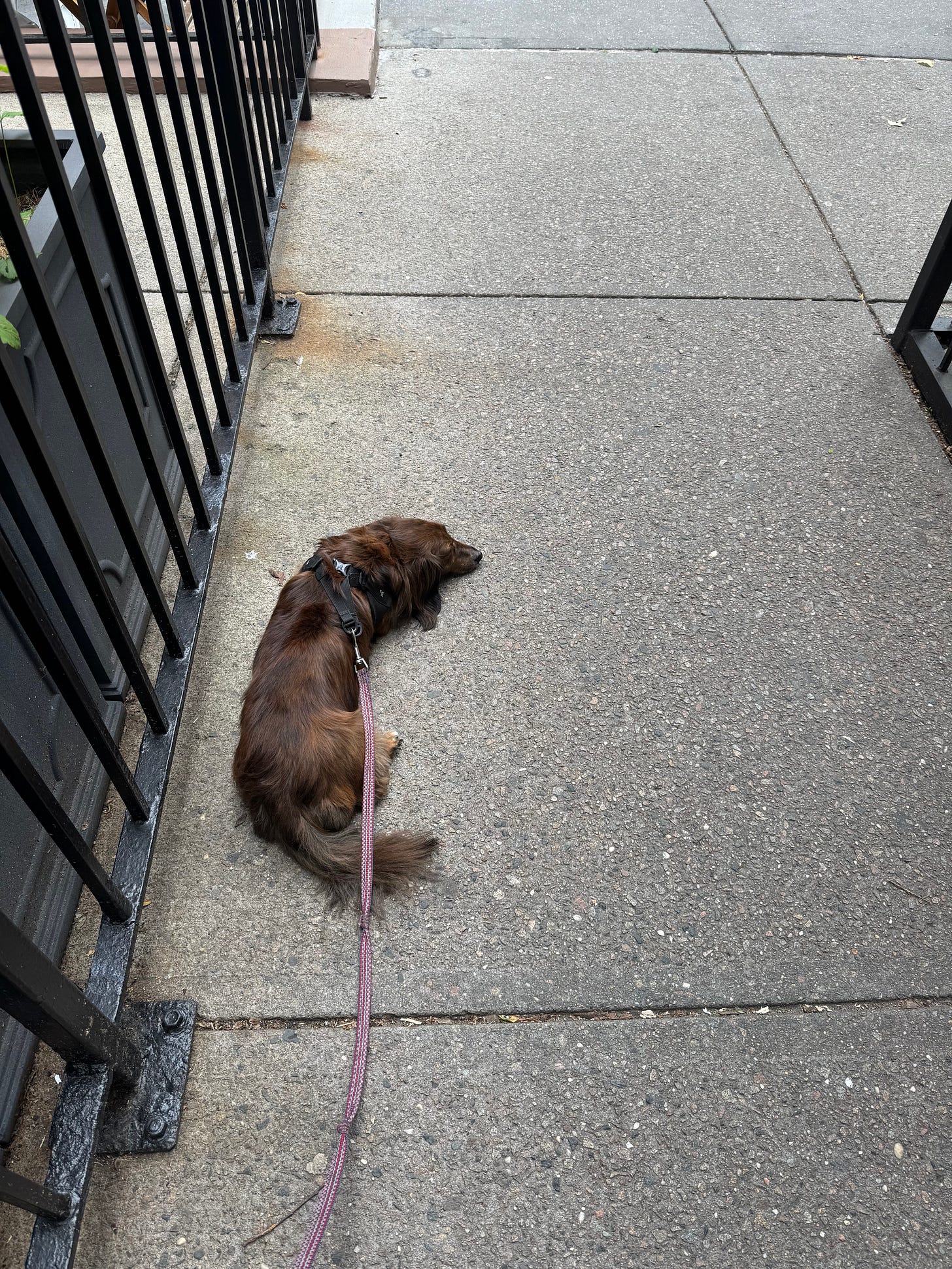Hello everyone,
Almost a decade ago, I wanted to write a story about someone I’d known who died by suicide following an opioid addiction. I went to speak to the family, which was one of the most difficult interviews I’ve done.
Afterwards, I sent the pitch to editors but continued to receive passes or no responses. As I recall, there wasn’t much substantial feedback but I would venture to guess that editors rejected it either because other reporters were either already covering the opioid crisis or because this particular pitch wasn’t exposing a larger issue (though I believed it was and still do). I eventually moved on from the story, a decision that led to guilt and regret. I felt as if I’d let down this family, who had invited me into their home as I asked them to recount and relive their worst pain.
I think about this experience a lot and have wondered over the years whether I should return to this story. I’ve considered that perhaps the pitch didn’t land because I was new to freelancing. Maybe the situation would be different today after honing my craft and skills. Or maybe the issue wasn’t the pitch at all. Maybe I didn’t email enough editors. Did I try as hard as I could have? But I also weigh the possible effect on the family if I were to approach them again after so many years. I fear the same situation repeating itself. For these reasons, I haven’t yet picked up the reporting again.
A journalist friend of mine once told me he moves on from ideas if he’s received about five passes without any encouragement from editors. He also doesn’t return to the ideas that never sold. This is possibly a healthier way of coping but I cling on to things and have a hard time letting go. I keep a list of “dead” pitches in a spreadsheet that I look over every once in a while with the hopes that they’ve become relevant again or that I’ll notice a new nugget of information.
Part of the underlying question here, I think, is the role of traditional media outlets. I attended a book talk last weekend for the agent Kate McKean, who just published “Write Through It: An Insider's Guide to Publishing and the Creative Life.” One audience member asked whether publishers were necessary anymore or if authors should self-publish. Kate’s answer was that it depends on what the author wants — for their work to appear on bookshelves or to live online as an e-book?
Many journalists are breaking news and writing journalism on their newsletters. I didn’t start mine with the intent of publishing original reporting, but as I think about the stories that editors passed on — the ones that I think are important to tell — I ponder whether this platform will morph at some point. Of course, as always, there’s a financial consideration and the question of fact checking, copyediting, legal reviews and more. Plus, writers need editors. But what do we do with the material that doesn’t sell? Let it go? Save it for later? Or find a new way to get it out into the world?
Thanks for being here <3
Britta Lokting
Endnote:
Loved this piece in The Atlantic about the last postal route to deliver mail by mule. One of those I-wish-I’d-written-it stories.
For my pop culture lovers! Lots of conversations with friends around the Kardashian family influence after listening to the latest episode of the We’re Obsessed podcast.
Kate McKean also writes the very popular Substack Agents and Books. She’s probably answered literally any question you’ve ever had about queries, finding an agent, getting an offer, book tours and more. Highly recommend for anyone curious about writing a book.
Oh! And speaking of never giving up on story ideas…obsessed with the fact that Cole Escola sat on the idea for “Oh, Mary!” (which is great by the way) for twelve years.





